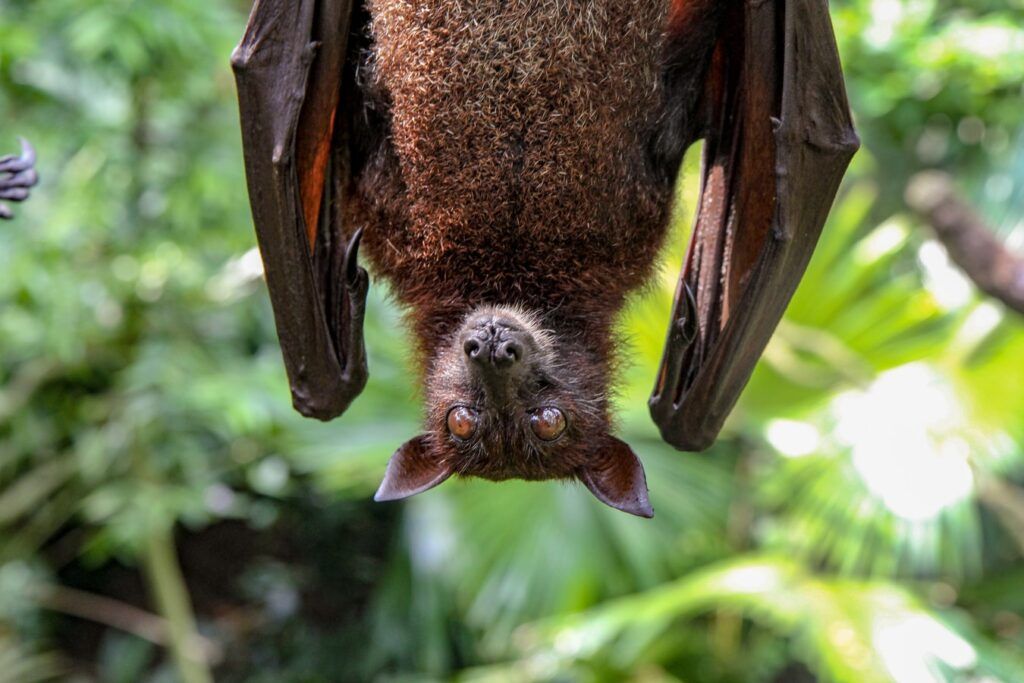Experts fear that a new Covid-like virus discovered in a bat could infect humans.
Scientists in the US have warned that the new virus could even evade the current ‘vaccines’.
This new development adds to a growing body of ‘evidence’ that sarbecoviruses, members of the coronavirus family, are rife across Asia and Eastern Europe.
The exact origins of the virus are not clear and are being investigated by a team at the World Health Organization (WHO).
Birmingham Mail reports: Study lead author Dr Michael Letko, of Washington State University in the US, said: “Our research further demonstrates that sarbecoviruses are circulating in wildlife outside of Asia – even in places like western Russia where the Khosta-2 virus was found – also pose a threat to global health and ongoing vaccine campaigns against SARS-CoV-2.”
He added: “Unfortunately, many of our current vaccines are designed to specific viruses we know infect human cells or those that seem to pose the biggest risk to infect us. But that is a list that’s everchanging. We need to broaden the design of these vaccines to protect against all sarbecoviruses.”
Dr Letko said: “Genetically, these weird Russian viruses looked like some of the others that had been discovered elsewhere around the world, but because they did not look like SARS-CoV-2, no one thought they were really anything to get too excited about. But when we looked at them more, we were really surprised to find they could infect human cells. That changes a little bit of our understanding of these viruses, where they come from and what regions are concerning.”
Dr Letko added: “When you see SARS-2 has this ability to spill back from humans and into wildlife. Then there are other viruses like Khosta-2 waiting in those animals with these properties we really don’t want them to have, it sets up this scenario where you keep rolling the dice until they combine to make a potentially riskier virus.”

